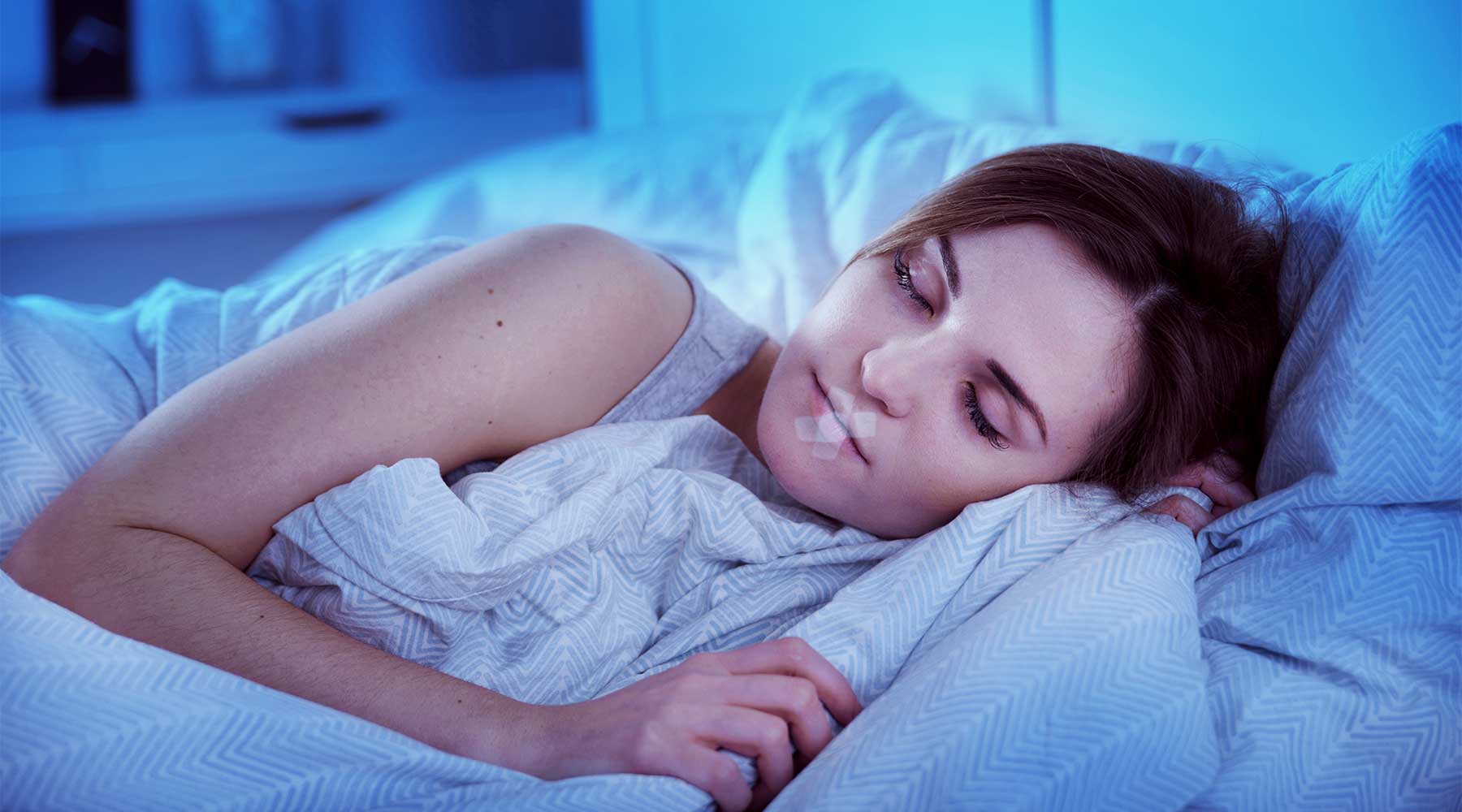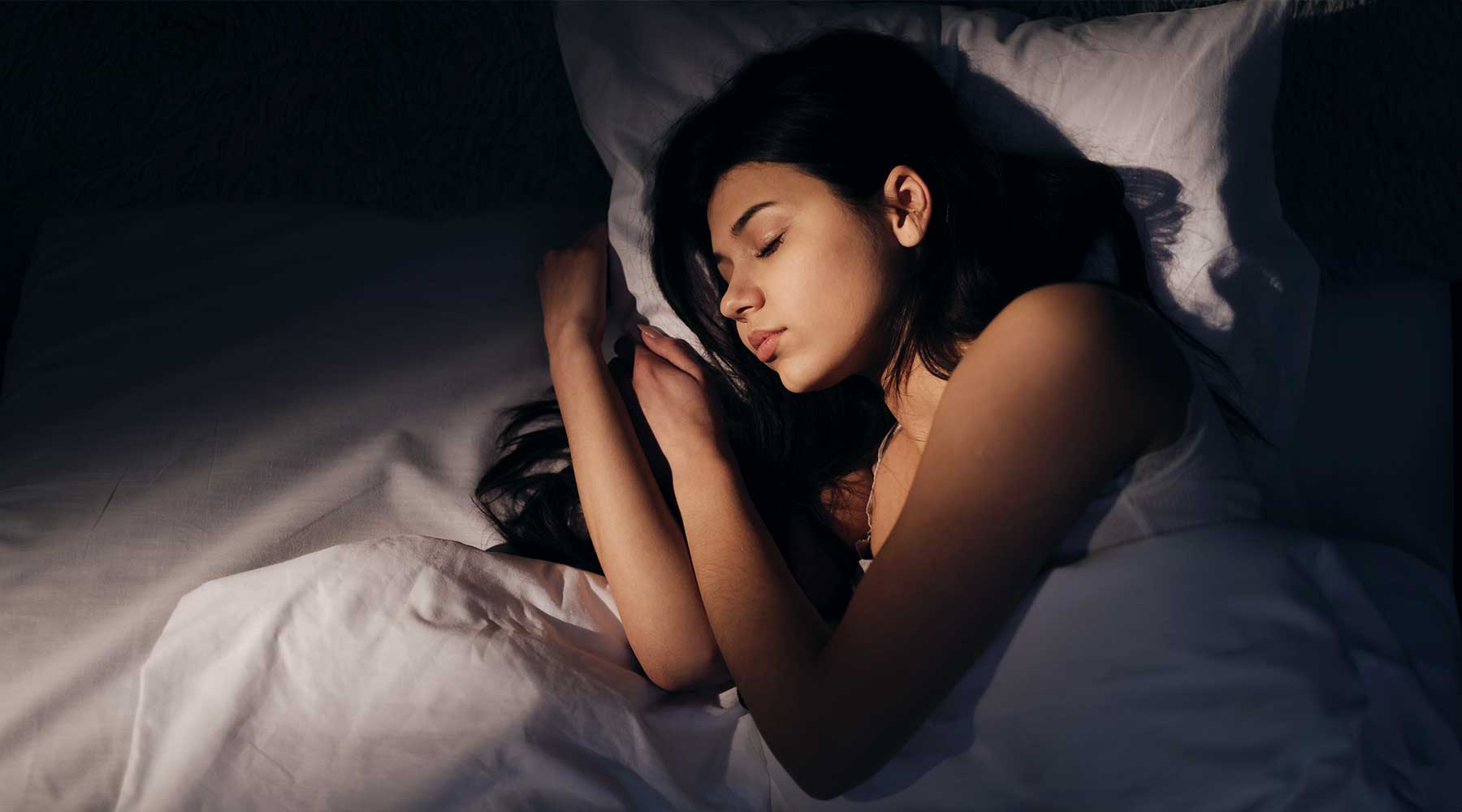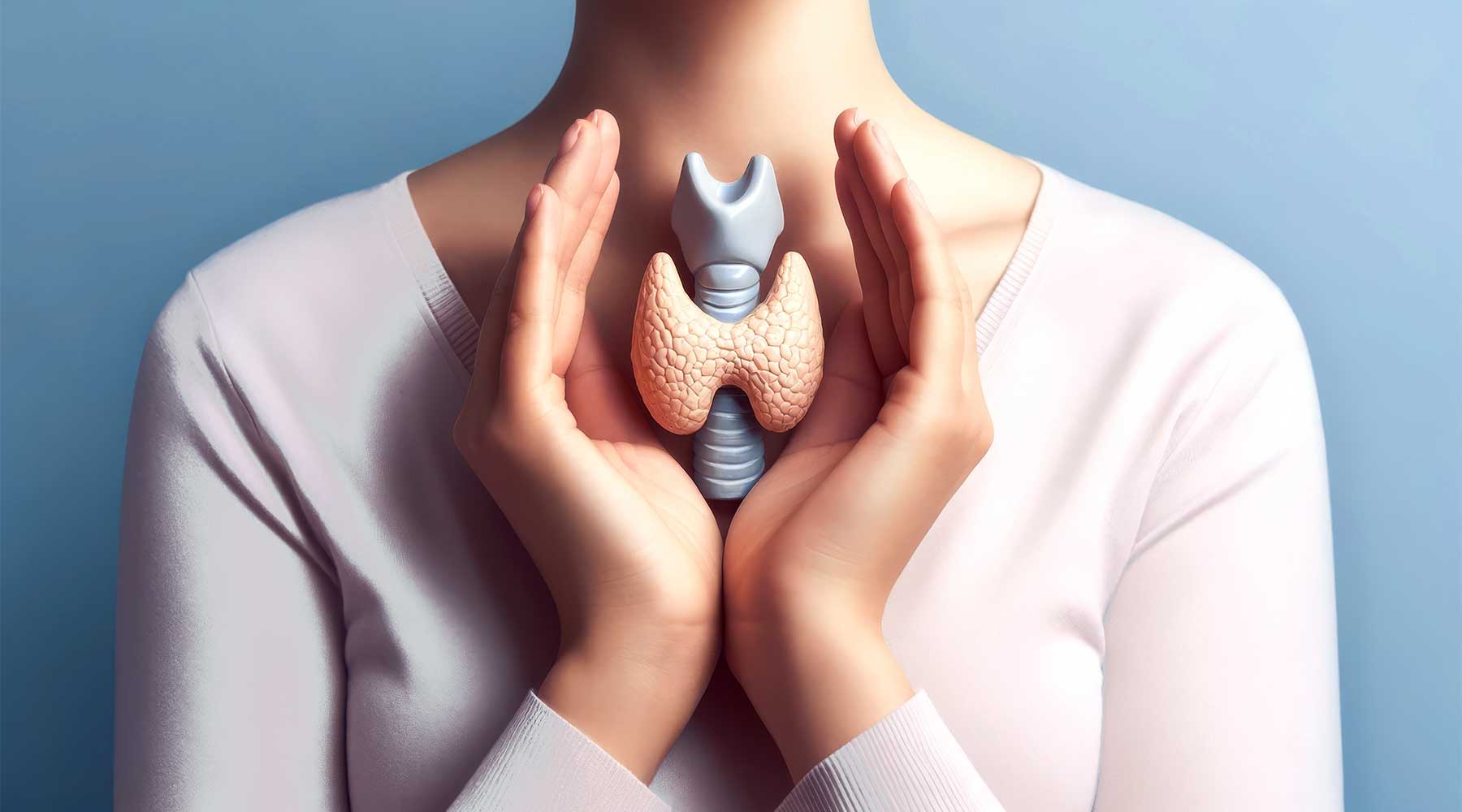
Sleeping better with Mouth Taping?
Sealing your mouth with a bandage to sleep better? We explain here whether mouth taping is more than just a trend or whether it actually improves sleep.
Table of contents
- What is mouth taping?
- Breathing at night
- Can mouth taping improve sleep?
- Is mouth taping dangerous?
- Conclusion
1. What is mouth taping?
Mouth taping describes a method in which the mouth is closed with a plaster or special sleep tape while sleeping. This is intended to prevent mouth breathing during sleep, which can snoring help and improve sleep quality.
Many influencers, actors and athletes such as professional footballer Erling Haarland swear by this sleeping technique and are certain that sleeping with their mouth taped improves their health and performance.
2. Breathing at night

When we sleep, our entire body relaxes, and the muscles in the mouth and throat area also relax. This often leads to our mouths being open during sleep, and we unconsciously use them for breathing. This dries out the tissues of the mouth and throat, and the air flows unfiltered through the lower respiratory tract. Furthermore, with an open mouth, the tongue falls more easily into the throat, further blocking the airways and causing snoring and Sleep apnea be favored.
Nasal breathing, on the other hand, is generally considered a "normal" and healthy breathing technique because the incoming air is filtered, humidified, and warmed by the nasal mucous membranes. This improves oxygen supply and ensures more restful sleep.
However, there are various reasons why we breathe through our mouths instead of our noses in certain situations. During strenuous exercise, such as during sports, mouth breathing can actually help us inhale more air in a short period of time and increase oxygen supply in the short term. However, it is often only used when breathing through the nose is difficult, for example, because the nostrils and upper airways are blocked. In viral infections and Allergies of any kind, especially pollen or house dust, the nasal mucous membranes swell and produce increased secretion, causing a runny nose and nasal congestion. Anatomical constrictions of the nasal
3. Can mouth taping improve sleep?
Yes and no! The purpose of taping the mouth shut is to prevent opening and breathing through the mouth, so that inhalation and exhalation occur automatically through the nose. Various studies show that mechanically closing the mouth has positive effects on sleep quality and can help with severe snoring and mild symptoms of sleep apnea. However, experts agree that these studies are not conclusive enough. Therefore, the effectiveness of mouth taping has not been fully scientifically proven.
In principle, there is nothing wrong with preferring healthy breathing through the nose. However, it is more important to find out why people breathe through their mouths in the first place and what prevents them from breathing through their noses. Allergies and infections are the cause of preferred mouth breathing, these should first be examined and treated.
Tip: Sometimes simply changing your sleeping position can help! When sleeping on your back, your mouth is more likely to be open because your jaw muscles relax and your tongue slides down into your throat.If you turn on your side, it is easier to keep your mouth closed.
4. Is mouth taping dangerous?
Mouth taping itself does not pose a direct danger to healthy people who do not have restricted nasal breathing. Sleeping with a taped mouth generally does not lead to unnoticed suffocation during sleep, as insufficient oxygen supply puts the body on alert and causes awakening. However, anyone who has difficulty breathing through their nose, for example, due to sleep apnea, allergies, or an acute respiratory illness, should avoid mouth taping.
5. Conclusion
-
Mouth taping is a trend in which the mouth is taped shut with a plaster while sleeping.
-
Mouth taping can help support healthier nasal breathing, but is not recommended for people with sleep apnea, allergies, or respiratory conditions.


Leave a comment
This site is protected by hCaptcha and the hCaptcha Privacy Policy and Terms of Service apply.